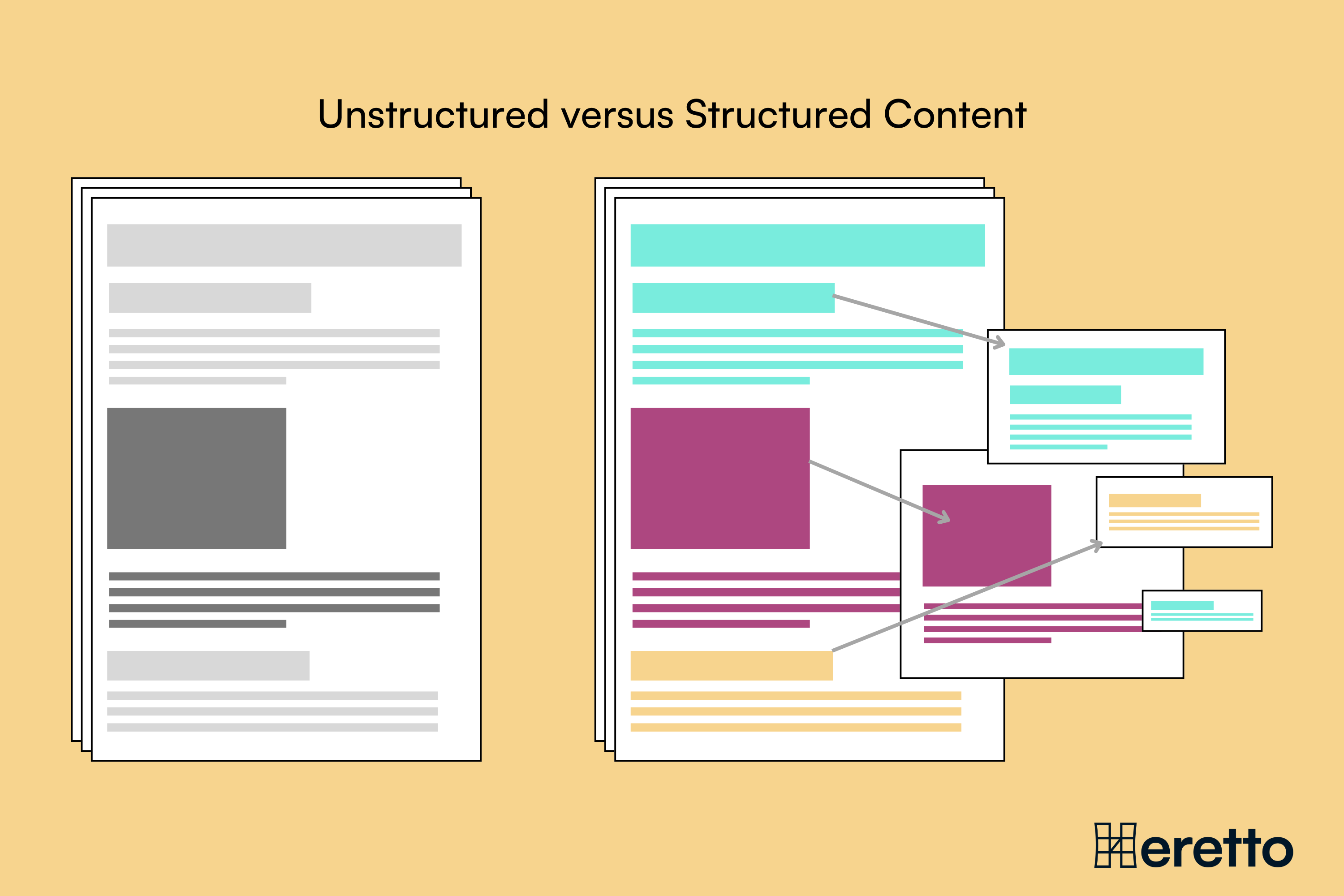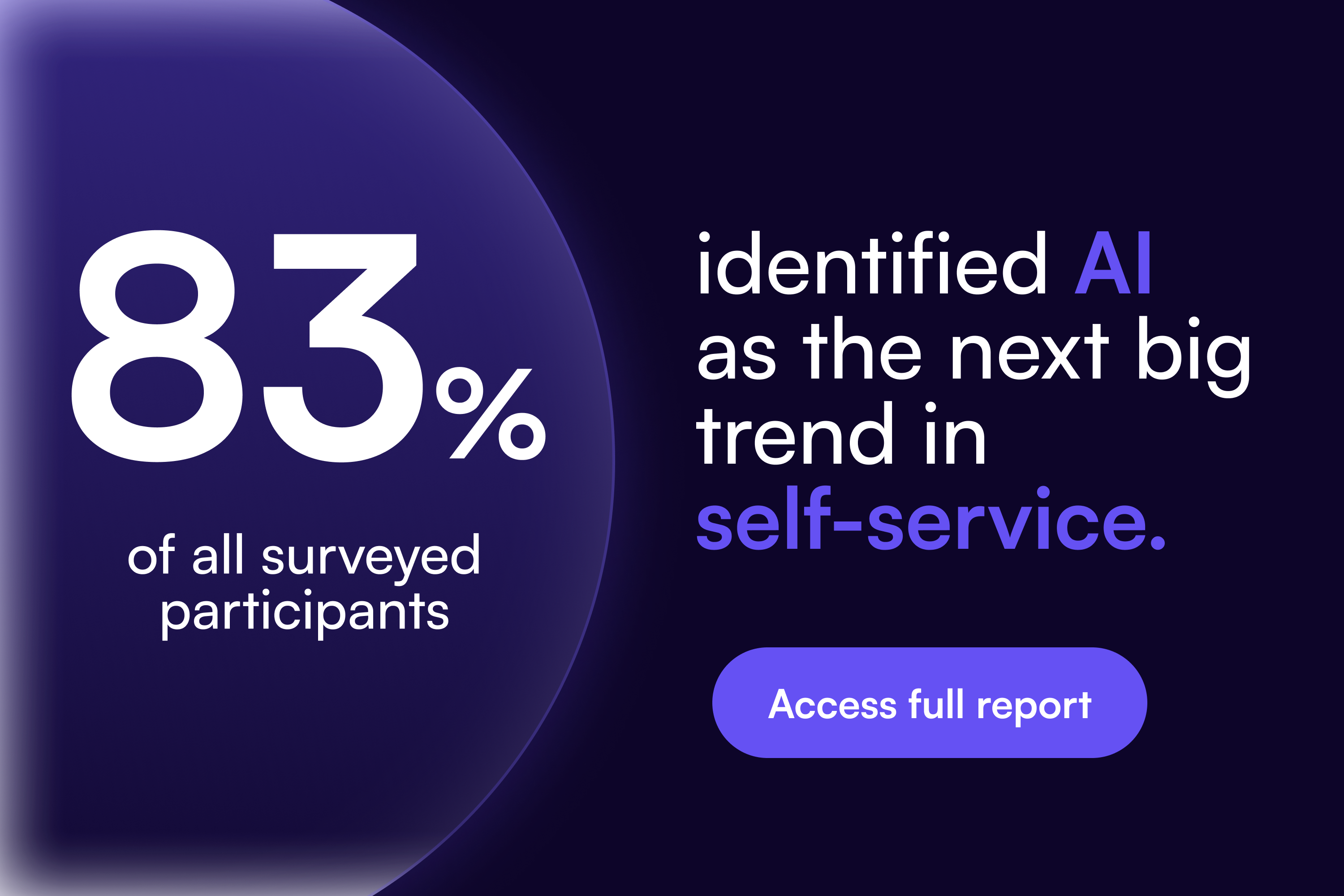Securing the future with AI and content management
THE ARTICLES ON THESE PAGES ARE PRODUCED BY BUSINESS REPORTER, WHICH TAKES SOLE RESPONSIBILITY FOR THE CONTENTS

Heretto is a Business Reporter client
Learn how to securely unlock the potential of AI, benefiting customers and employees alike, through effective content strategies.
In today’s digital landscape, businesses are constantly seeking ways to harness artificial intelligence (AI) to accelerate growth. While there are limitless opportunities to apply AI, there are two overlooked applications that can create a strategic advantage for organisations – and they live in the unassuming world of content. First, AI can enable seamless digital customer experiences if proper content management exists. Secondly, AI can enhance employee productivity, especially within the world of creating and managing content.
Content governance and AI
While AI technologies promise efficiency and innovation, they also pose challenges, especially in Europe, where concerns about security, data privacy and algorithmic biases persist alongside regulatory compliance pressures such as the EU AI Act. Effective content governance emerges as a crucial strategy to navigate these complexities and ensure the responsible use of AI.
One key aspect of good content governance is the implementation of structured content. Structured content, organised with consistent metadata, taxonomies and semantic relationships, enables AI algorithms to consume and process information accurately. This structured approach mitigates the risk associated with AI operating on chaotic data, which can lead to biased or inaccurate outputs, often referred to as hallucinations. By implementing robust content governance frameworks with structured content as the foundation, organisations can leverage AI responsibly to drive innovation while maintaining compliance with evolving regulations.
Modern customers expect generative AI experiences
The true key to better, AI-driven customer experiences is hiding in plain sight, within the realm of content management. It all starts when a customer has a question. It’s no secret that most customers today prefer to find the answers to those questions themselves through online “self-service” options, such as a help site. The experience users want – and increasingly expect – involves simply typing their question into a help site to receive a quick and correct answer from generative AI. If a business can deliver a generative-AI enabled support experience, the impacts will be far reaching. But none of this is possible unless the answer presented is the right one.
Generative AI is fuelled by good content management
There is a common saying in the information development space: “Good content in, good content out.” It’s simple enough to grasp. Accurate answers rely on accurate information, which, in the world of large language models, means that the generative AI answer coming “out” is only as good as the content it is being fed. Most organisations are unaware of, or even overlook, how paramount good content management is in creating AI-enabled customer experiences.
Unfortunately, not all content management strategies are created equal. This is where “structure” comes in. “Unstructured” content lacks any predefined rules, metadata or system of governance. It is the Achilles’ heel of an AI-driven strategy. Much like data, content that lacks a coherent structure and classification becomes virtually impossible for AI algorithms to digest. Feeding AI unstructured content renders it ineffective in delivering personalised and accurate information to customers.
Structured content, on the other hand, is the key to unlocking AI’s true potential. By organising information with consistent metadata, taxonomies and semantic relationships, structured content enables AI to instantly consume and surface the most relevant and accurate information for each customer query. It would be like transforming a chaotic library into a meticulously catalogued collection, where AI can leverage the rich metadata to facilitate personalised self-service experiences based on factors such as product purchasing history, geography and user preferences.

AI supports content management
While generative AI experiences rely on proper content management to succeed, AI can also be leveraged to simplify and accelerate the creation and management of that same structured content. In a recent survey Heretto conducted on the state of customer self-service, over 700 participants overwhelmingly identified AI as the trend most likely to improve self-service content management in the coming years.
This is because AI can significantly streamline the creation and maintenance of structured content. Solutions such as Etto, Heretto’s Copilot, are empowering content developers with an array of transformative capabilities. AI tools can streamline the more technical aspects of creating structured content, such as content tagging and classification. It can also reduce tedious tasks that weigh writers down: now, with just a prompt, tasks such as article summarisation or table creation are handled effortlessly. With AI at their fingertips, content developers can more easily craft structured content, laying the foundation for organisations to then deploy generative AI strategies in customer self-service experiences.

The future of content includes AI
AI represents the future of content management, revolutionising both content consumption and creation. By providing AI with structured content, it can more consistently provide up-to-date, accurate and even personalised information to the user.
For any organisation looking to unleash AI’s limitless potential to deliver exceptional online customer experiences, the solution is clear: prioritise structured content as the future of any content management strategy. Conversely, to create and maintain structured content at scale, AI can act as the built-in team member that makes the process more accessible, time-efficient, and effective. The path of integrating AI into your content management strategy can be made easier with Heretto, the AI-enabled component content management system (CCMS) that allows organisations to deploy documentation and developer portals that delight customers.
Learn more about Heretto to embrace the symbiotic relationship between AI and structured content, and see your business transform into a customer experience powerhouse.
Annette Ochoa, VP of Marketing
Ren Taylor, Director of Product Marketing
Sarah Blake, Director of Growth Marketing

Bookmark popover
Removed from bookmarks